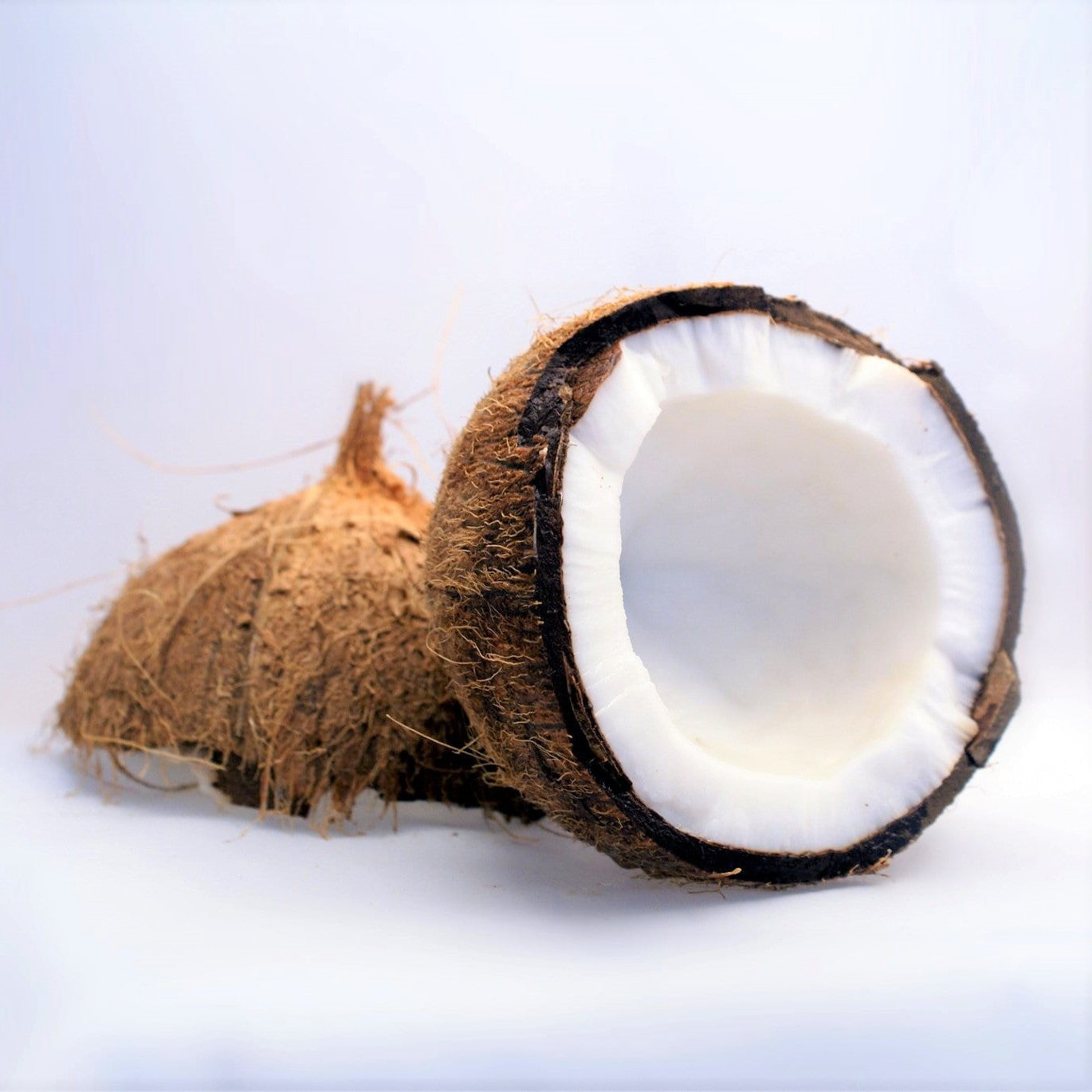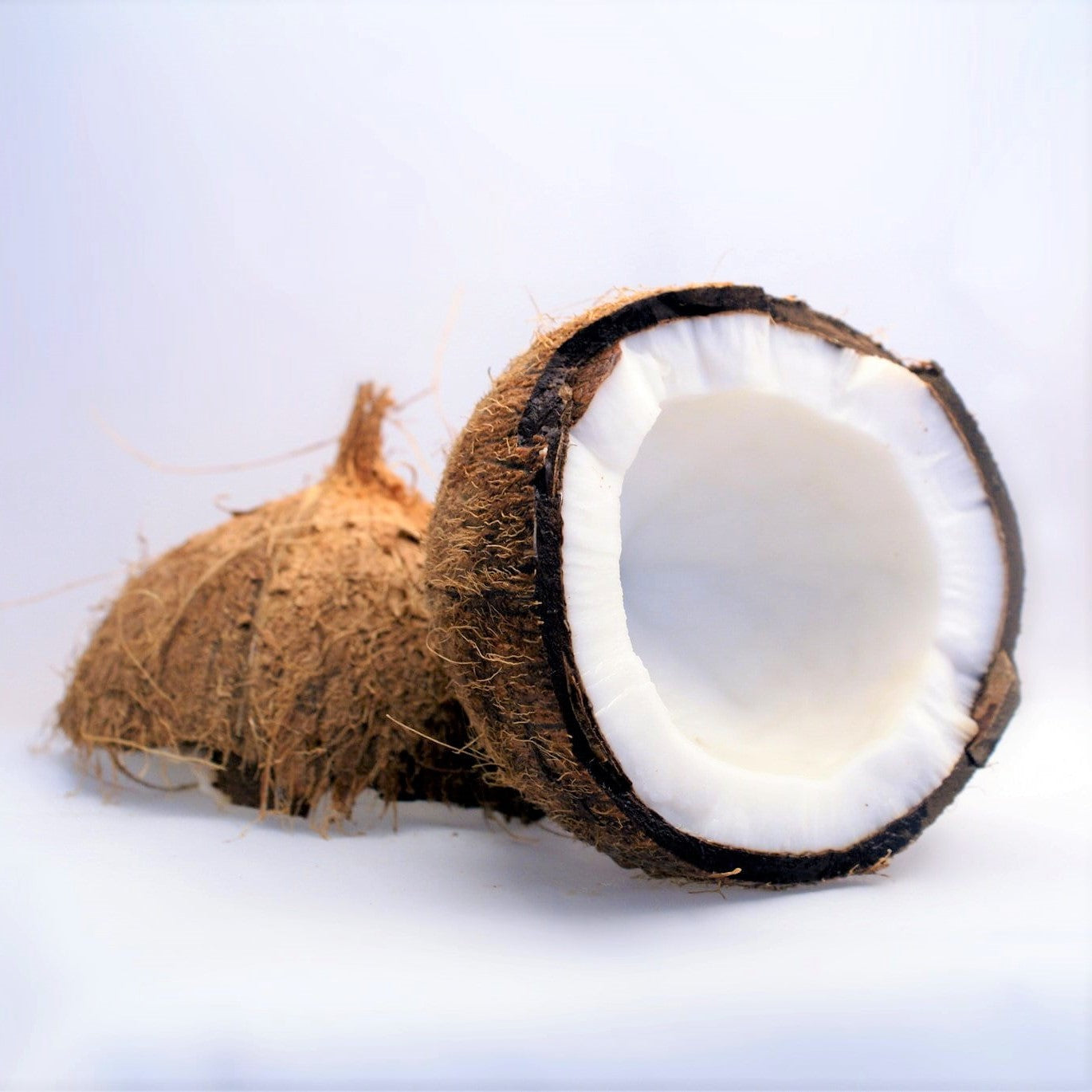Coconut CO2
Coconut CO2
Couldn't load pickup availability
Our top quality Coconut CO2 Extract has a rich and remarkably tenacious gourmand aroma that is seductively warm and creamy for coconut lovers. Since traditional culinary Coconut oils have little flavour or aroma, both perfumers and natural product makers have struggled to find a naturally sourced, rich Coconut aroma until the recent introduction of this extract.
Botanical Name: Cocos nucifera L.
Method of Extraction: Super-critical CO2 Extraction
CO2 Extraction is a low-temperature process for extracting plant oils. The CO2 process extracts the 'heavier' therapeutic properties from the raw plant material, rather than Steam Distilled
Part Typically Used: Pulp
Perfumery Note: Middle
Country of Origin: India
Aroma: A tropical fruity nutty sweet note with vanilla, milky nuances.
Appearance: At room temperatures, the liquid is colourless, transparent, and slightly viscous; at cooler temperatures, the solid mass is virtually opaque, white, yet easy to melt.
Blends Well With: Almond, Bitter, Ambrette, Balsam of Peru, Basil, Black Currant Bud, Boronia, Cardamom, Cedarwood, Cinnamon, Clary Sage, Clove, Cocoa, Coffee Bean, Cognac, Davana, Frankincense, Galbanum, Geranium, Ginger, Grapefruit, Jasmine, Lemon, Lime, Litsea Cubeba, Neroli, Oakmoss, Orange, Patchouli, Rosemary, Rosewood, Sandalwood, Spikenard, Vanilla, Vetiver, Ylang Ylang.
General Essential Oil Safety Recommendations
- Do not take essential oils internally unless under advisement by a qualified medical professional.
- Do not use essential oils undiluted on the skin. It is always best to try a small patch test first of the diluted essential oil.
- People who are pregnant or have serious medical problems are advised to consult with a qualified aromatherapy practitioner before using essential oils.
- Use extreme caution when using essential oils with children. It is safest to consult with a qualified aromatherapy practitioner before using essential oils with children.
General Disclaimer
The product information provided on this website is intended for educational purposes only. The information provided is not considered to be complete and is not guaranteed to be accurate. The information contained in this website is not intended to be sufficient to provide diagnosis and/or treatment of medical conditions. It is recommended that treatment of serious health conditions be done with the help of a trained qualified medical practitioner.
Share

To ensure our essential oils are not diluted to adulterated, Zurma Essential Oils undergo rigorous testing, including Certificate of Analysis (COA) and Gas Chromatography-Mass Spectrometry (GCMS) analysis. This meticulous testing process guarantees the purity, potency, and authenticity of our oils.

